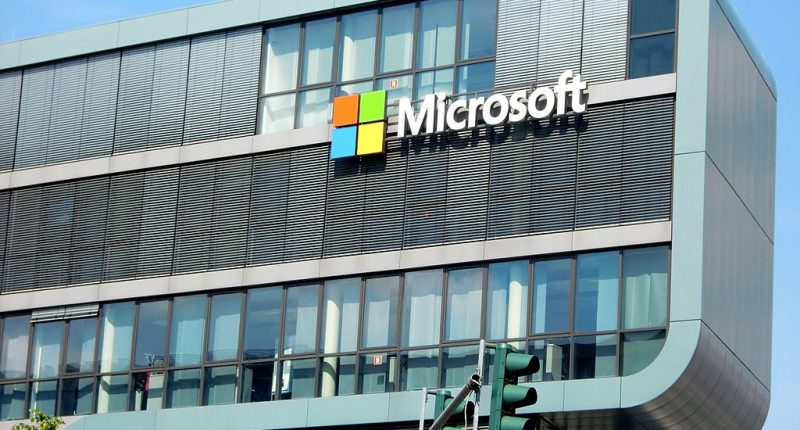Microsoft’s anticipation on completing its acquisition of gaming giant Activision Blizzard, doesn’t seem to be ending any time soon. This time, the hurdle comes in the form of the U.S. Federal Trade Commission (FTC), which has taken a decisive step to thwart Microsoft’s acquisition of gaming behemoth Activision Blizzard. The regulatory body has applied for a temporary restraining order and preliminary injunction ahead of the impending July 18 deadline, asking courts in the US to halt the multi-billion-dollar acquisition.
“A preliminary injunction is necessary to maintain the status quo and prevent interim harm to competition during the pendency of the FTC’s administrative proceeding to determine whether the Proposed Acquisition violates U.S. antitrust law. A temporary restraining order is necessary to maintain the status quo while this Court decides whether to grant the requested preliminary injunction,” the FTC noted in its filing. This development comes even as Microsoft is progressing with its appeal against the decision by UK regulators to block the acquisition. It also comes after Microsoft received the green light from European regulators to proceed with the deal.
This development comes a few months after the FTC had filed a legal challenge to try and block the proposed acquisition. At that time, it had argued that the acquisition would “enable Microsoft to suppress competitors to its Xbox gaming consoles and its rapidly growing subscription content and cloud-gaming business,” even as the tech behemoth continued its fight for the completion of the $69-billion acquisition of Activision Blizzard. If the deal does fall apart, Microsoft might end up owing Activision Blizzard a termination fee worth up to $3 billion.
Should the acquisition – which was first announced in July 2022 – be completed, the FTC fears that it would give Microsoft the power to “withhold or degrade” Activision’s gaming products, through price, game quality, experience on competitors’ offerings or “withholding content from competitors entirely.”
The deal, if sealed, would bring together two major players, potentially consolidating significant market power – the deal between Microsoft and Activision Blizzard would have created a formidable force with substantial resources and influence. One of the primary concerns surrounding Microsoft’s acquisition of Activision is the consolidation of power in the hands of a single company. With Microsoft already being a major player in the gaming industry, this deal would further solidify its position, potentially creating a significant power imbalance.
Such consolidation may limit opportunities for smaller game developers and publishers, hindering innovation and stifling competition. Thus, by reducing market diversity, it could result in limiting the choices available to consumers as well. Furthermore, with Microsoft’s increased control over Activision’s game catalog, there is a possibility of monopolistic pricing practices, while smaller game developers and publishers are likely to face increased challenges in securing partnerships and distribution deals.
The FTC’s attempt to block the Microsoft-Activision Blizzard acquisition highlights growing concerns over consolidation and monopolistic practices in the gaming industry. “We welcome the opportunity to present our case in federal court,” said Brad Smith, Microsoft President. “We believe accelerating the legal process in the U.S. will ultimately bring more choice and competition to the market.”
“Our excellent legal team has been preparing for this move for more than a year, and we’re ready to present our case to a federal judge who can evaluate the transaction on the merits,” Bobby Kotick, CEO of Activision Blizzard, wrote in an email to employees.
The Tech Portal is published by Blue Box Media Private Limited. Our investors have no influence over our reporting. Read our full Ownership and Funding Disclosure →






